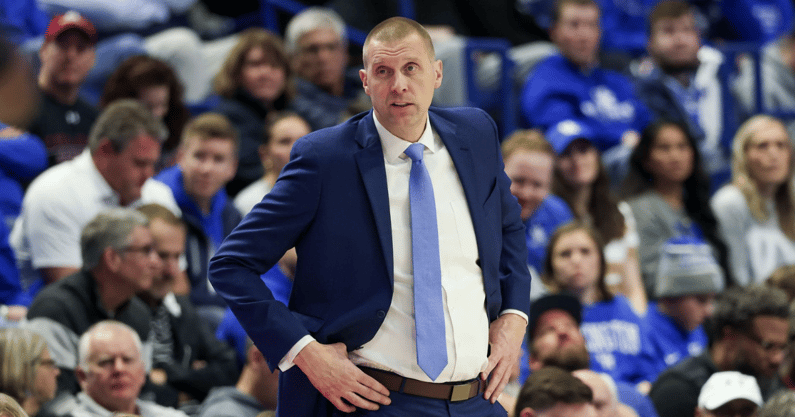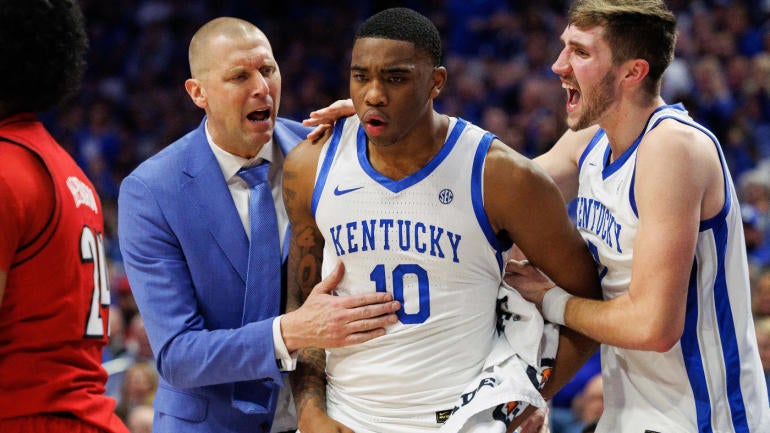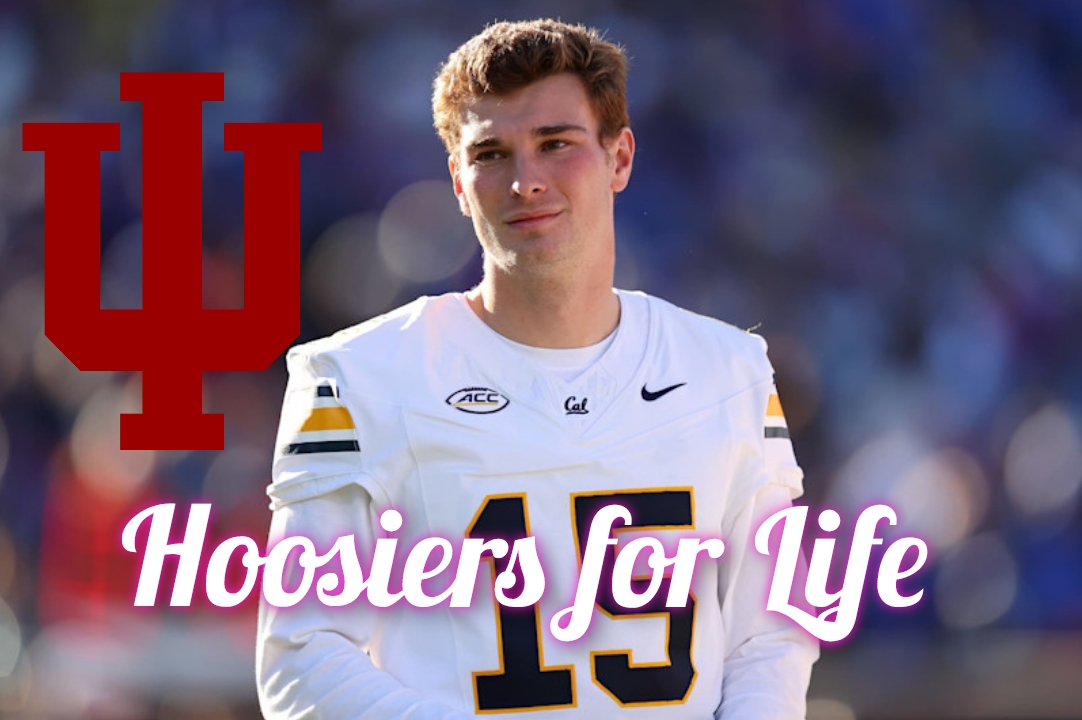
Mark Pope, the newly appointed head coach of the University of Kentucky’s basketball team, has big plans for college basketball, and his vision includes a bold proposal: expanding the college basketball season to 40 games. This idea is aimed at increasing the level of competition and creating more opportunities for teams to face off against top-tier programs throughout the year.
Pope, known for his progressive approach to coaching and his passion for enhancing the sport, believes that the current 30-35 game season doesn’t do enough to challenge teams or allow them to fully develop throughout the year. By extending the season to 40 games, Pope hopes to push teams to new limits, improving player skills, team chemistry, and overall competition.
The idea of a 40-game season isn’t entirely new. Some coaches and basketball analysts have suggested similar ideas in the past, arguing that more games would allow teams to fine-tune their rosters, learn from different types of matchups, and test themselves against a wide variety of opponents. For top programs like Kentucky, which regularly attracts high-caliber talent, playing additional games would provide invaluable experience against diverse styles of play, better preparing them for postseason tournaments like the NCAA tournament.
Pope’s vision is particularly focused on the development of younger players. With many top college basketball players entering the league after just one or two seasons, Pope feels that extending the season would provide an opportunity for players to grow at a slower pace, gaining more in-game experience before making the jump to professional leagues. More games would also mean more chances for coaches to experiment with different lineups, playing styles, and strategies, allowing teams to become more versatile and resilient throughout the course of the season.
While the idea has its advocates, it also comes with its challenges. A 40-game season would require careful scheduling to balance academics, player health, and the mental and physical fatigue that comes with playing more games. The additional travel and longer season could also take a toll on players’ bodies. There are also logistical challenges in terms of broadcasting, funding, and securing the participation of all schools involved in college basketball.
Despite these potential obstacles, Pope is determined to advocate for this change and believes it would revolutionize the college basketball landscape. His goal is to increase the level of competition, elevate the sport, and provide fans with even more exciting games to look forward to. As Kentucky’s new head coach, Pope’s vision could pave the way for a transformative future in college basketball, one where the quality of play is elevated and the development of players is prioritized at every level.







